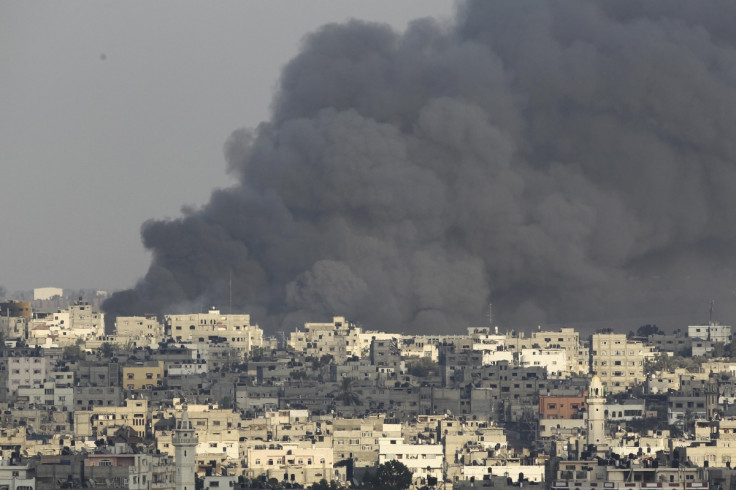Frontline Gaza: 18 Days of Darkness - and no Sign of Light

It all started with an electricity outage. When our area came under attack on 8 July, the power went out immediately. But surviving the Israeli missiles was the priority. We evacuated our house not knowing whether it was destroyed or not, because there was no light.
We couldn't see what to take with us but it wasn't a problem because it would be calm again and we'd be back in the morning, or so we thought. The only thing that mattered was that all of us were still alive; simply surviving the rockets was a miracle.
We went to my aunt's place in the west of Gaza City, where we found that she had no electricity as well and we waited. That night of 8 July was one of the darkest nights of my life, literally.
Today is the 18<sup>th day of Israel's Operation Protective Edge in Gaza and we haven't seen electricity in days. Gaza's Power Plant Station has stopped working completely after being targeted by occupation forces, so there is no electric power and we're cut off from news of what is happening around us. We cannot charge our phones, laptops or the lighting batteries.
When I lose electricity, I lose contact with everything in the world, and that's when my friends worry so much, because they see news online and stories spread on social media. When I disappear for long hours without forewarning or anything, everyone starts to freak out, calling me to find that my cellphone's battery is dead, like everything else around me.
For my part, I just sit in the room, gazing in the dark with the various sounds of explosions going off around me. Five families, parents and children, are gathered together with me in one place chatting, nagging, discussing the possibility of a ceasefire or just sitting there cursing the dark - and Israel.
My only source of news in the midst of the electricity outage is my uncle's small radio and its breaking news and reports. Thankfully, it works on tiny batteries.
The power outage has also damaged Gaza's municipal services, such as water and wastewater discharge, which made our life more difficult, especially when we ran out of water.
In truth it's hard to describe such an inhumane situation properly as the massacres of the Israeli occupation forces continue. The fear of losing someone you love or getting killed with your whole family in your own house, just for deciding to stay home, is around us all the time.
I apologise for not being able to describe this more vividly - it's been written in a rush. It's nearly nightfall and I need to get home safe now, and I have no electricty to guide me.
Walaa Ghussein is a journalist and activist who has written for several publications including Electronic Intifada. You can find her on Twitter here.
© Copyright IBTimes 2025. All rights reserved.






















